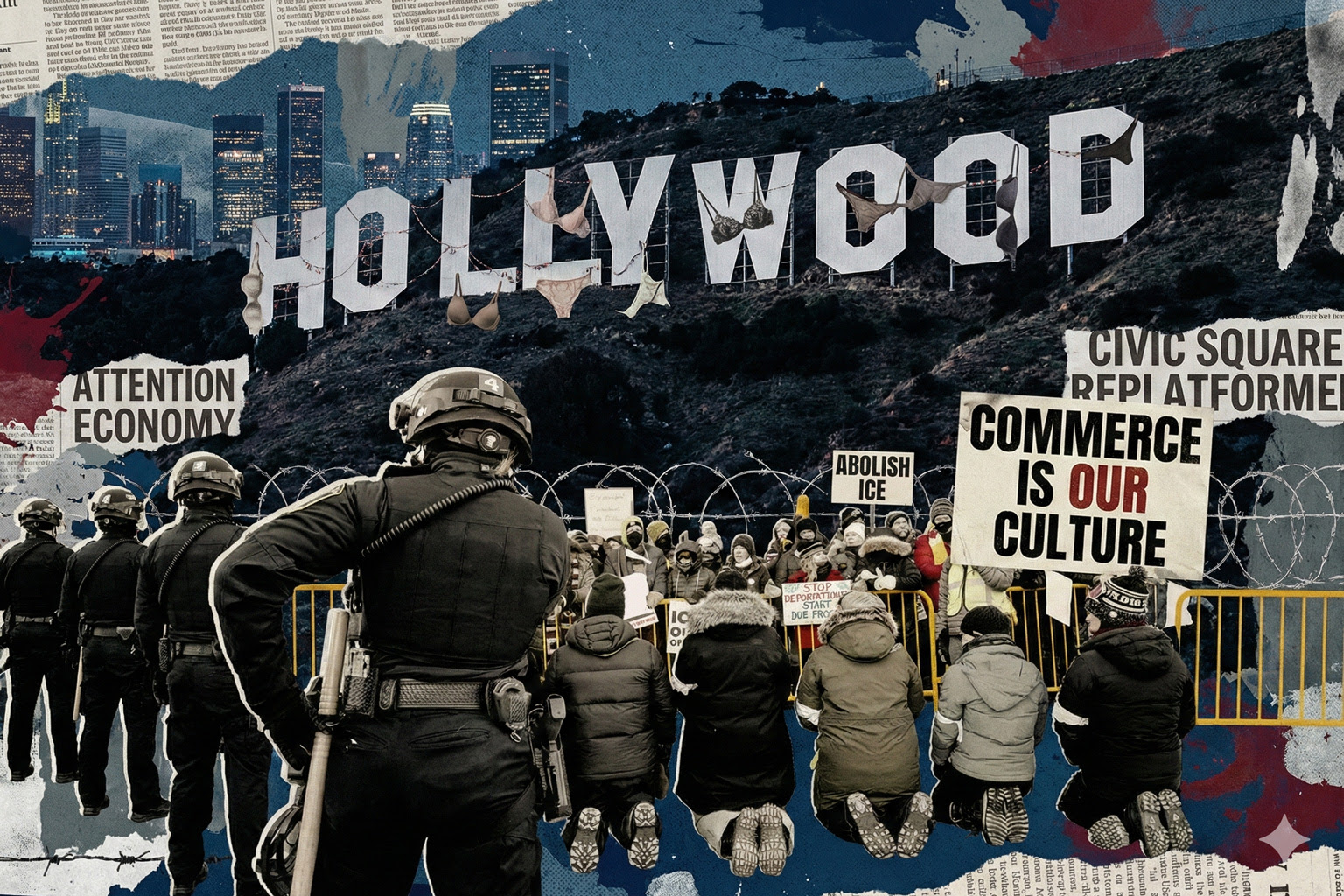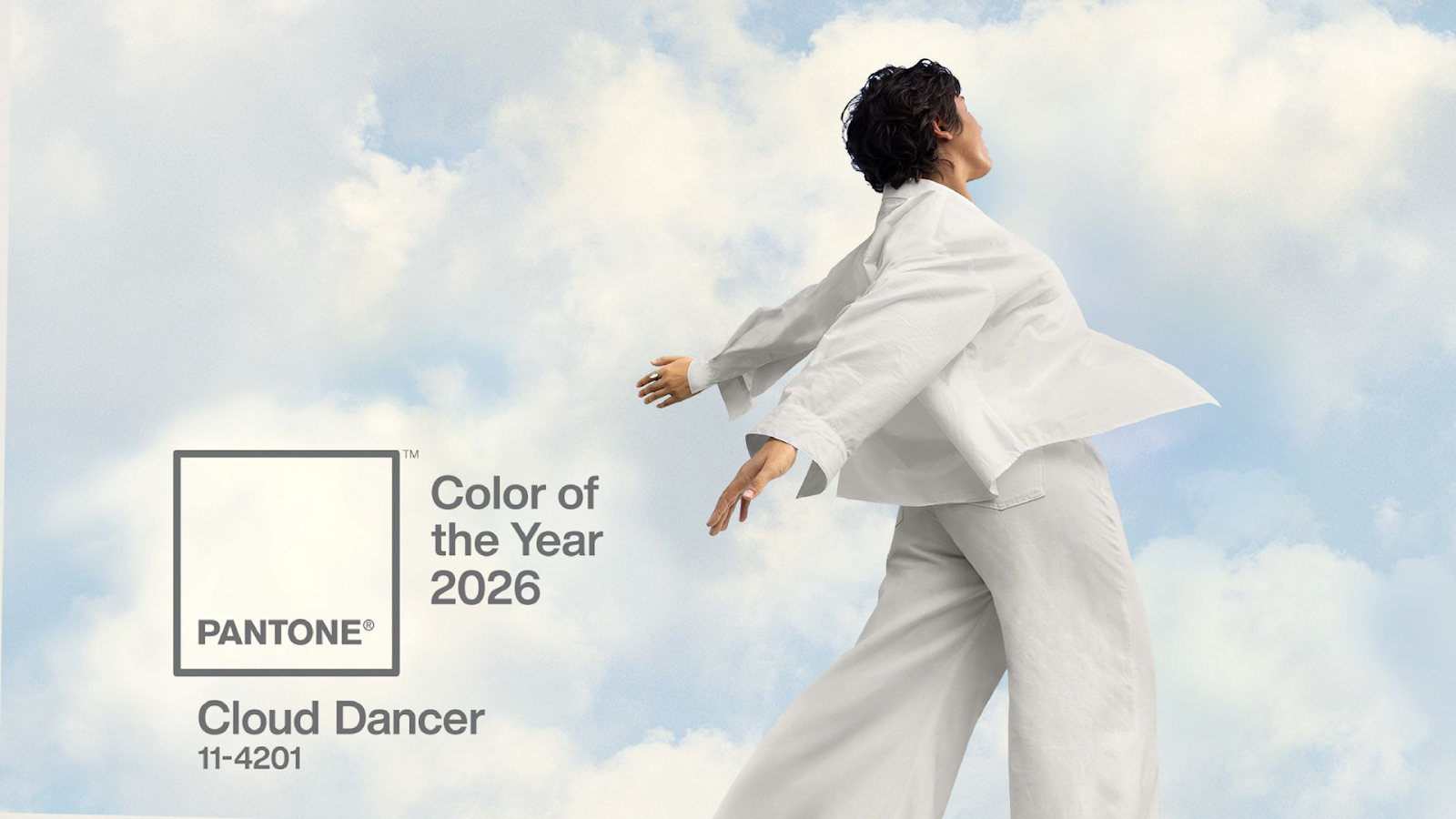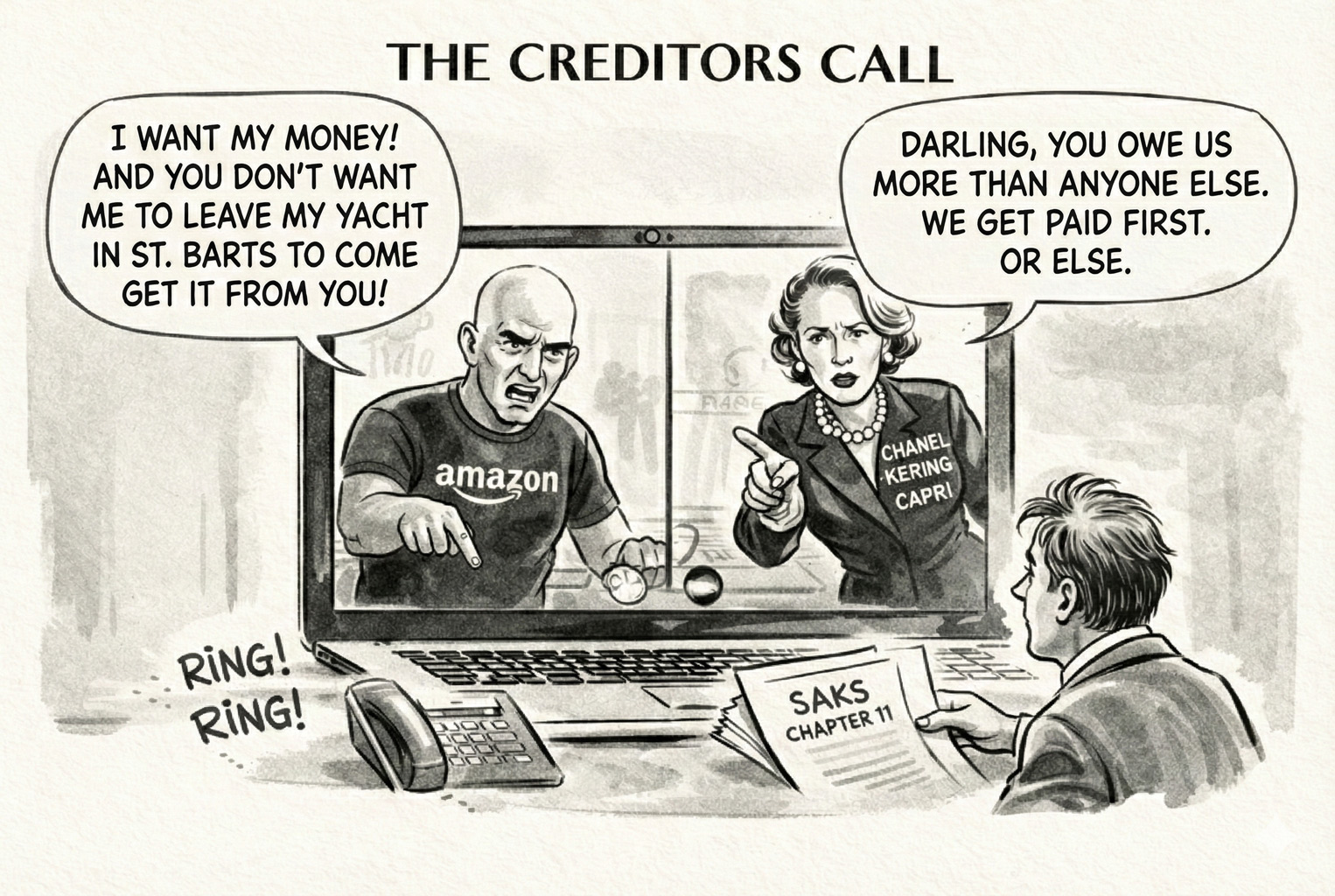
The AI Divide: Disney Lawyers Up. Amazon Leans In.

Welcome to Wednesday, futurists.
“Smile, the robots are here to help! Or maybe they’re here to kill you. Who knows!” Amazon CEO Andy Jassy has joined the growing list of executive leaders sending mixed messages and thinly-veiled threats to employees about how AI will impact their livelihoods.
In a memo shared with workers (and then promptly published on the Amazon website) Jassy waxed poetic about the myriad ways Amazon is using generative AI to better the lives of shoppers and employees. Use cases span across the organization, from advertising to customer service, operations, and fulfillment.
After jamming employees with positive sentiment, he got to the main punchline, which is essentially to get on the AI train or risk ending up on the chopping block.
“We will need fewer people doing some of the jobs that are being done today, and more people doing other types of jobs,” he said. “It’s hard to know exactly where this nets out over time, but in the next few years, we expect that this will reduce our total corporate workforce as we get efficiency gains from using AI extensively across the company.”
Workforce Friend or Foe?
With more than 1.5 million full- and part-time employees across different functions, Amazon has been known for its brutal workforce culture. The mandate for warehouse workers has always been to work harder and faster, even if your personal health and wellbeing are at risk. Meanwhile, it’s common for corporate employees to be swallowed and spit out by Amazon’s “innovate at all costs” mission.
Despite Jassy’s efforts to shine a light on the positive, his announcement reeks with an undertone of “work harder, or else.” But with employees already working themselves to the brink, it makes us wonder what, exactly, they have to gain from trying.
Leaders from Fiverr and Shopify are on the list of CEOs going viral for their stances on AI, and plenty more are to come. The onslaught of man-versus-machine debates is borderline exhausting, yet it is inspiring more thoughtful discourse around ownership of ideas and data – and how we humans determine meaning.
In a recent Insiders column, digital commerce consultant Oleksii Lunkov noted that in a time when machines can accelerate development cycles and democratize creativity, vision is the new scarcity. VISIONS Summit: NYC speaker Katherine Dee also explained how our innate need to animate the inanimate can actually create more meaningful collaboration between humans and AI.
As corporate leaders continue to show their AI cards, now’s the time to ask how you plan to participate in the discourse: by offering your team vague likelihoods or meaningful inspiration and actionable advice? Your response will dictate whether your people view AI as a friend or foe.
—Alicia


Scribbled in Film. Montblanc is celebrating the 100th birthday of its Meisterstück pen by forging its memory in film. The company hired Oscar-winning filmmaker Wes Anderson to create a short film about the pen, but being the eccentric artist he is, Anderson ended up creating his own writing implement. The end product is The Schreiberling Limited Edition 1969 Fountain Pen, which aesthetically mirrors Anderson’s stylistic quirks as well as his dedication to quality. Despite retailing for a staggering $2,660, Montblanc is eagerly encouraging shoppers to “get on the list” to be alerted of its release. Although early feedback indicates the pen’s price point is way out of his core fan base’s budget.
Luxury Mystery Theater. Hermès is opening the doors to “Mystery at the Grooms,” an interactive, theatrical experience that spans six rooms in New York City’s Pier 36. During the free hour-long experience, participants can become detectives and follow various clues to track down a “mischievous herd” of hidden horses in each room. Loathers of escape rooms and interactive murder mystery shows need not apply. Tickets are free but must be reserved in advance between June 19 and 29.


The Blind Box Gilded Age. Could the masterminds behind Labubus actually become purveyors of luxury jewelry? Pop Mart is certainly going to give it a shot with its new Popop jewelry store concept in Shanghai. Shoppers can buy glammed-out accessories featuring their favorite Pop Mart characters, including Skullpanda, Molly and yes, Labubu. Prices start around $62 and can go up to $480, showing that Pop Mart is mastering the art of combining coveted collectibles and accessible luxury.

Dye-ing for a Taste. Kraft Heinz plans to remove all artificial dyes from products sold in the US by the end of 2027. The food company also shared in an announcement this week that it will immediately stop making new products containing these dyes. Currently, 10% of products in the Kraft Heinz portfolio include these dyes, including Jell-O, Capri Sun, and Kool-Aid, and the company said it will either replace the artificial dyes with natural ones or remove them entirely from ingredients lists.
The announcement comes on the heels of US Department of Health and Human Services Secretary Robert F. Kennedy Jr.’s big push to eliminate artificial dyes from the country’s food supply. Other major food and bev corporations were quicker to make a similar statement: PepsiCo said it planned to accelerate its plans to move away from artificial dyes in late April, while Tyson Foods made a similar claim in May. The FDA currently allows 36 food color additives, but Commissioner Marty Makary said it is working to eliminate synthetic dyes by the end of 2026.


Mickey Mouse Vs Midjourney. Entertainment conglomerates Disney and Universal are banning together to go against a new force of evil: AI. In a 100-page lawsuit, the plaintiffs provided pointed examples of how the AI engine has stolen copyrighted works to train its platform and create AI-generated images. “Midjourney controls what copyrighted content it selects, copies, and includes in its Image Service, and it has the means to implement protection measures to prevent the ongoing copying, public display, and distribution of Plaintiffs’ works,” the suit states. The companies pointed to Midjourney’s ability to prevent the distribution of violent or obscene imagery as proof that it can implement copyright protection measures, but it just chooses not to.
Although the suit has been touted as the first of its kind, it likely won’t be the last. Platforms like Midjourney are powered by existing works, and trends like the ChatGPT Studio Ghibli challenge have become common examples of participatory culture. The question isn’t just whether platforms like Midjourney are actually stealing intellectual property. It’s whether they are capable of mitigating, even preventing, the creation of these images and are simply avoiding taking action because they’re reaping too many benefits.











.svg)
